Your basket is currently empty!
For or news, tips and so much more keep an eye out for our latest articles.
For or news, tips and so much more keep an eye out for our latest articles.


Why creative writing can be a transformative experience for your child.

A wonderful poem to remind us just how illogical and quirky our English Language can be.
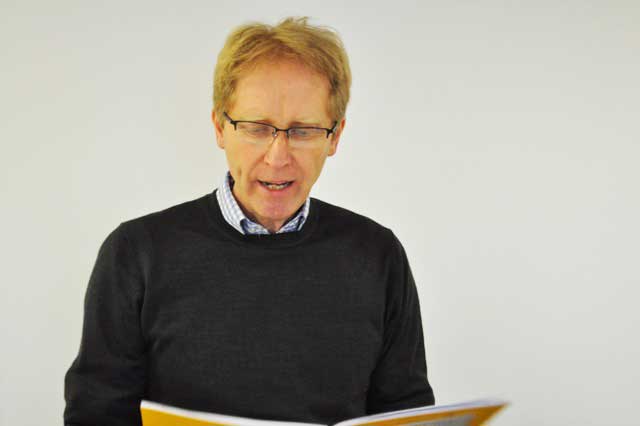
At this exam time of year, a great deal of stress is caused by time spent online. So how do…
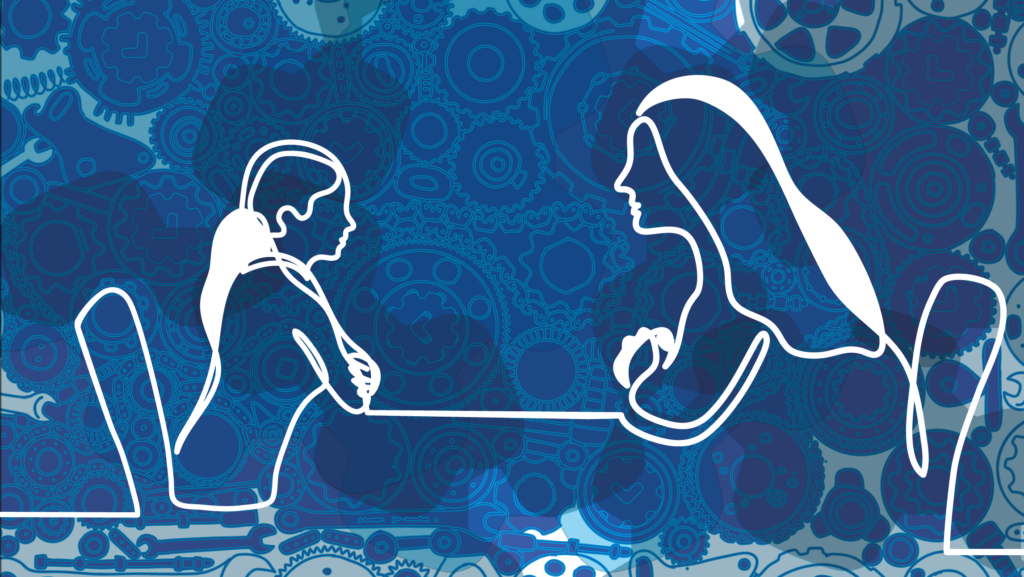
Growing numbers of children and too few places has generated fierce competition for top independent school places in the Capital. The…
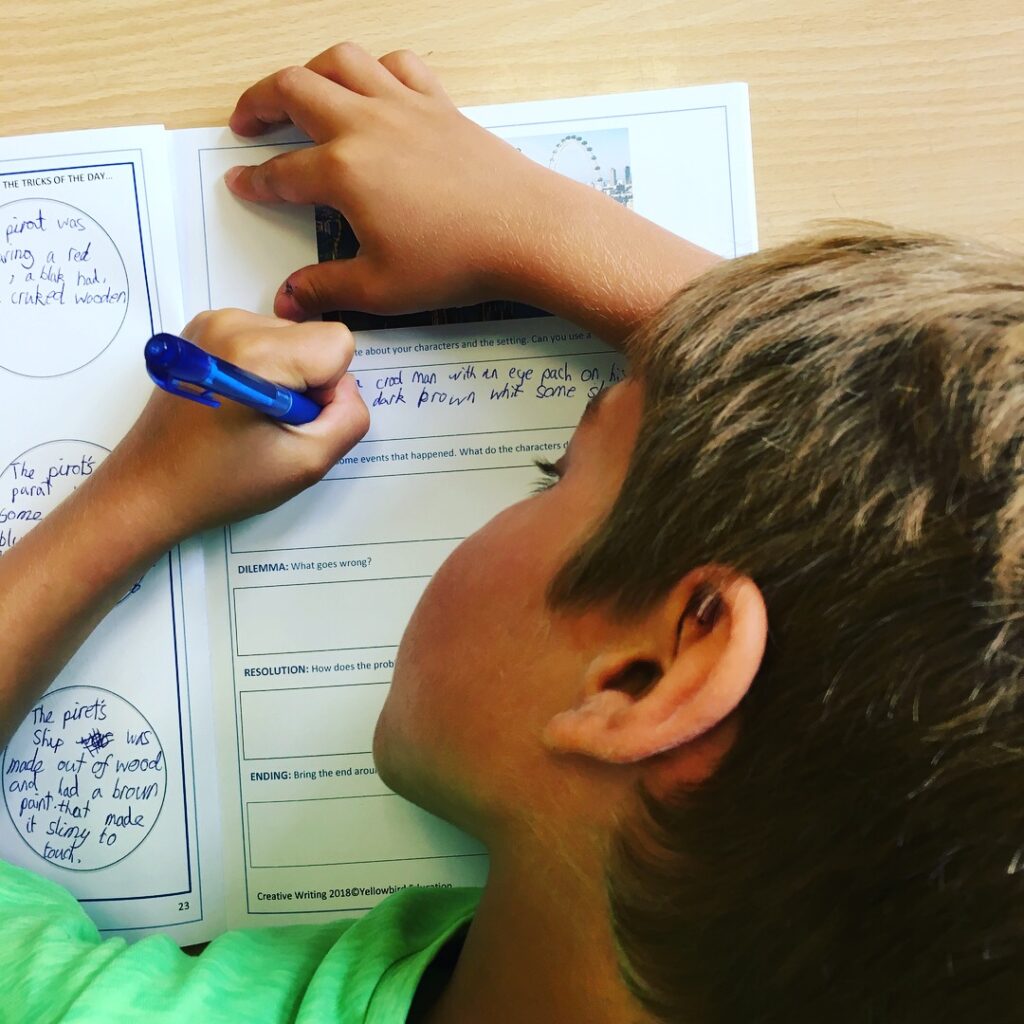
Competition for limited places at top London schools has led to tutoring becoming the acceptable norm with families often choosing…

Yellowbird’s Book of the Month At Yellowbird Education, we are starting a ‘Meet the Author’ section to complement our Book…
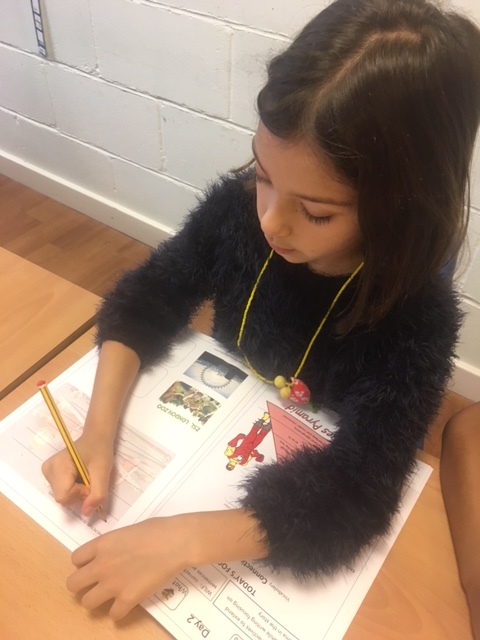
Changes to the Girls Consortium This week the team at Yellowbird and Janie Richardson School Search and Placement attended a…

We are thrilled that Janie Richardson is running an exclusive workshop for Cupcake members on Wednesday 16th May at 11am…
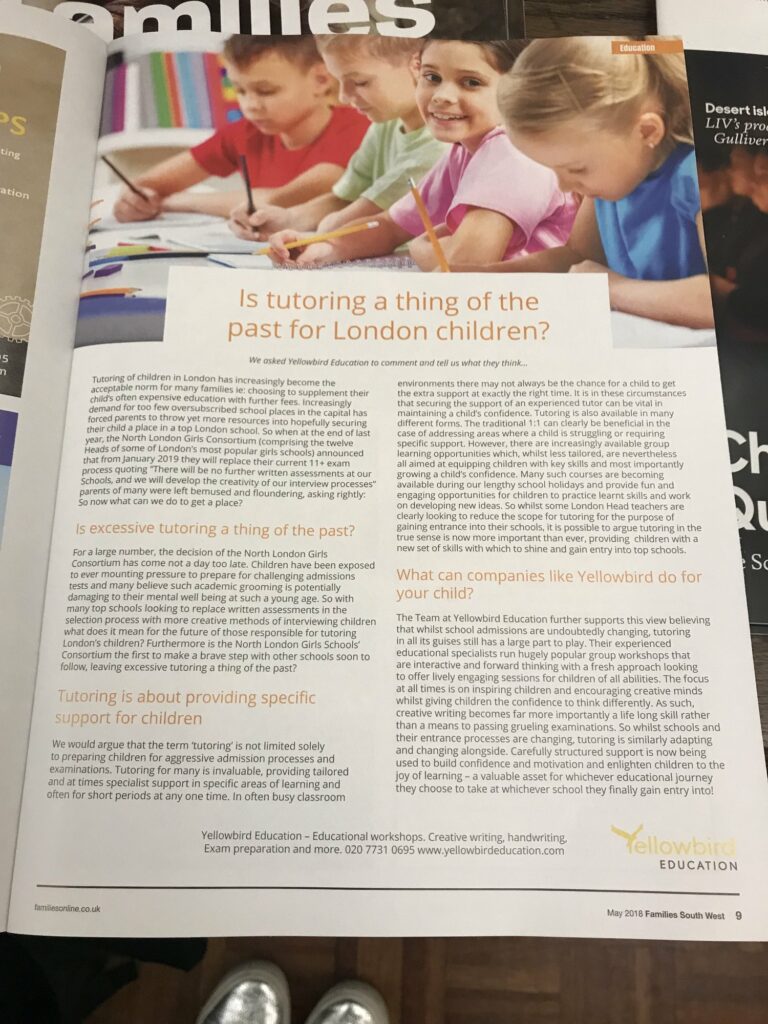
Take a look at our feature in Families Southwest Magazine- May 2018 We discuss “Is tutoring a thing of the…

Story writing comes with practice, so the more you write the easier it becomes to think of ideas. The difficult…
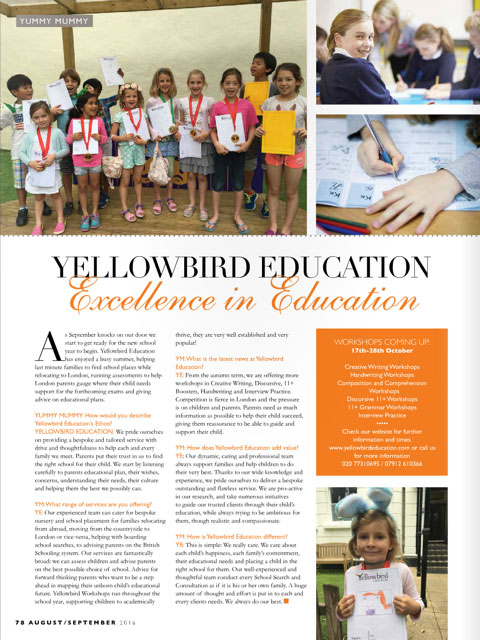
See us featured in Yummy Mummy magazine! Yummy Mummy magazine has featured Yellowbird Education in their August/September issue. Check out…

“Finland has become one of the first countries to ditch joined up hand writing classes for young children in favour…

Remember, from the end of January onwards they have the best year ever. Post exams, Year 6 is what education…

Here are some useful tips when taking your 11+ English Exam. GENERAL TIPS ANSWERING THE QUESTIONS When the ship first…